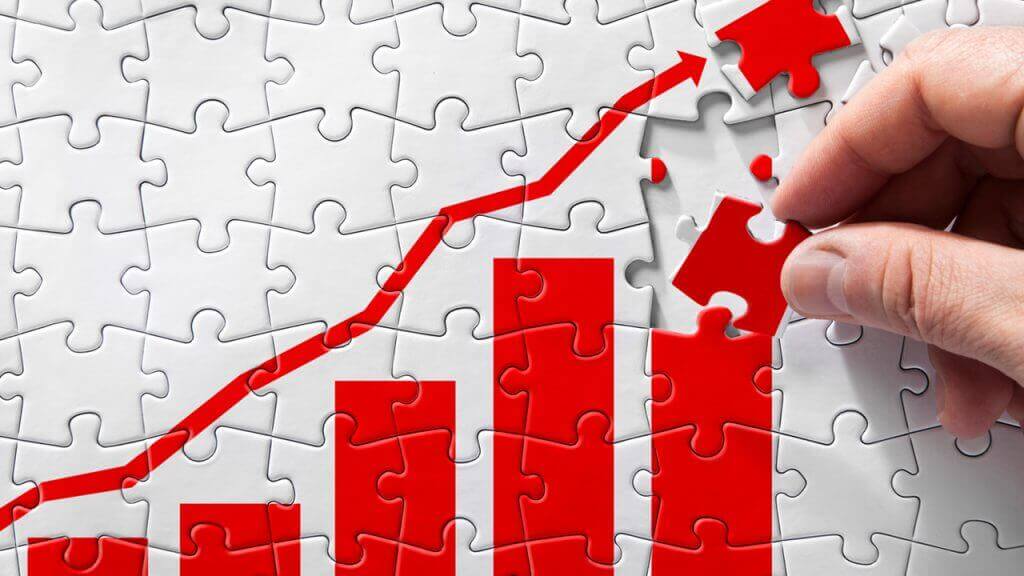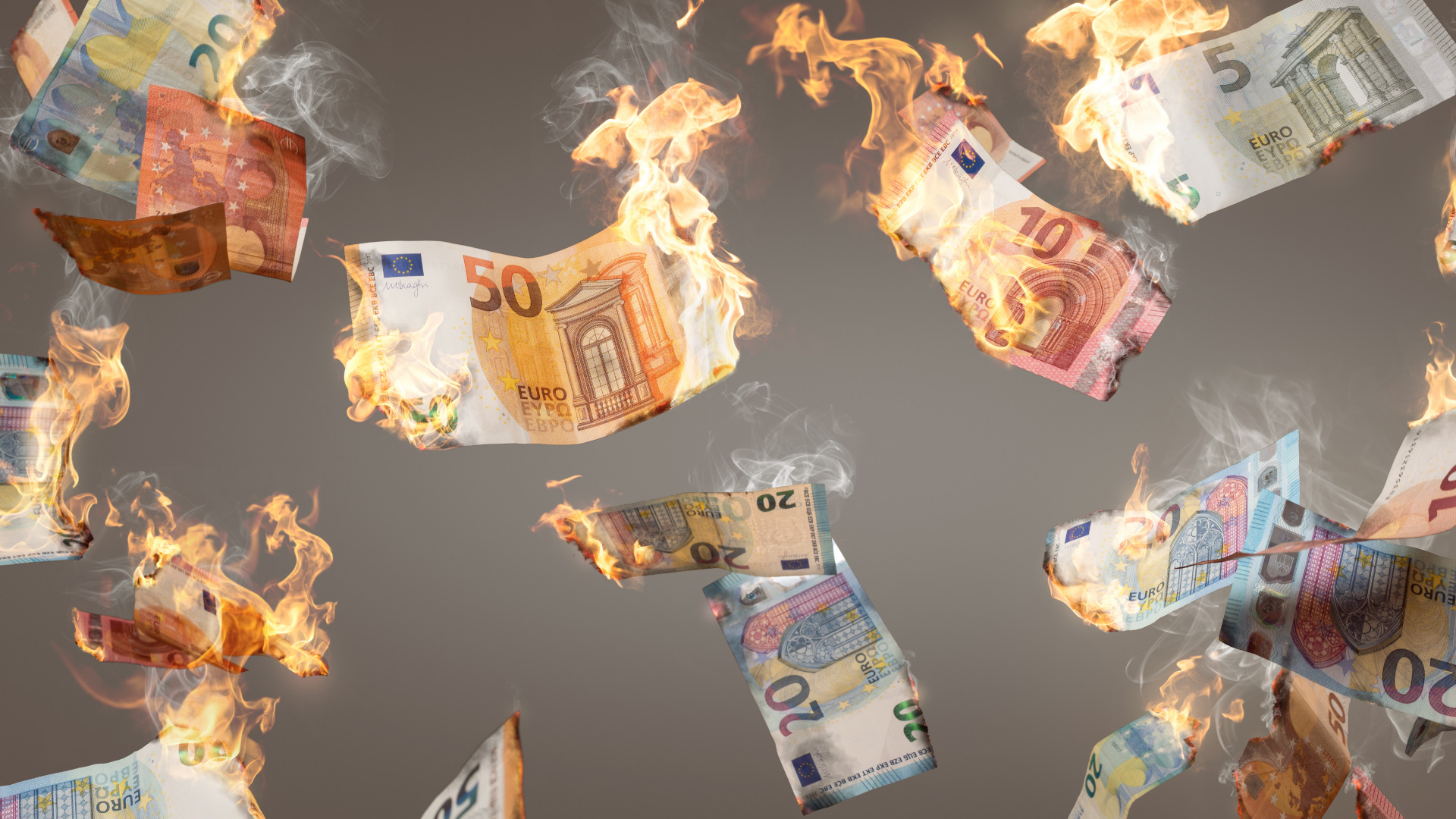
NB: This is an article by Pontus Berner, Co-Founder and Managing Partner at berner+becker revenue management
Anyone who has set foot in a professional kitchen and “accidentally” walked behind the kitchen pass without a proper uniform (and especially if you added some extra salt to the stew without asking) knows that the chef would become furious.
A revenue manager can respond a bit in the same way if someone makes unjustified changes to the forecast which just took 2 hours of preparation.
The forecast is the tool for a revenue manager, almost holy. Now I am not saying a revenue manager’s forecast never needs to be changed or updated, hence note the word unjustified.
On the other hand, revenue managers must also understand when and why a forecast needs a change. Sometimes it is simply because they overlooked important market information, but also for other purposes, like corporate politics. Important is that it is done in the right way.
Further what is the need of a forecast and is it better to focus on overachievement rather than accuracy?
To examine this closer let’s take a step back and ask ourselves why do we do a forecast in the first place?
To me there are three main reasons why forecasting is crucial for the success of a hotel:
- Setting the correct strategies and drive incremental revenues
- Reporting on micro and macro level
- Hotel synergies
Setting your Strategies:
For the actual outcome and performance of a hotel this is arguably the most important reason behind forecasting. It is only when carrying out a detailed day by day forecast per segment that you will get a good insight into what’s going on.
Frequency and level of detail depend on the hotel. Parallel with carrying out the forecast to ensure good accuracy, an in-depth analysis has to be made. Looking at pick up curves, market share data, conversion statistics of transient and groups, channel distribution, cancellation ratios, competitor pricing, trends, season, events etc. are all vital aspects to consider.
With modern technology and revenue management systems handling vast amounts of data, the forecasting process has become easier and more accurate, and has enabled a revenue manager to manage several properties simultaneously.
The beauty of having a well-made forecast is that it shows exactly how your inventory is being utilised and opens up the opportunity to optimise that inventory and setting your strategies!
For example restricting segments, increasing your BAR rate, or set a minimum length of stay on the hotel in times of excess demand, are all actions which in the end brings true actual incremental revenue to your hotel!
Reporting on micro and macro level:
Let’s take the example of a fictitious large hotel chain which is publicly listed on the stock market.
On a micro level reporting of the forecast expectations are important for the management team in general. For e.g. the GM must know where to put the right efforts, and the director of sales must know in what months to push which business.
In short the forecast will enable team efforts, marketing budget and sales expenditure to be effectively placed.
In a big chain the forecast reporting numbers are consolidated, commonly first by region, country, business units and ultimately for the whole company.
These consolidated numbers again enable the head office management to carefully decide on where to invest time, effort and money where it’s needed the most. Further the numbers will serve as a base for communicating the company’s finances to shareholders and inevitably drive the stock price. This is where accuracy becomes important on a macro level.
An inflated forecast will disappoint the financial market and can lead to unwanted drops in share value, whereas a too careful projection can upset the shareholders and put unnecessary pressure on the CEO and management.
It is a fine balance where management must rely on the accuracy of their revenue managers (and in the best way control that with forecast accuracy bonus measures etc.), and at the same time revenue managers must accept justified top management changes for political purposes.
Crucial is however that setting your micro and macro strategies are being based on the original forecast which demonstrates the true demand.
Hotel synergies:
What many hotels are missing out on is to actually use the forecast outcome to benefit the whole hotel, and not only setting commercial strategies and identify where sales efforts are needed.
An accurately forecasted occupancy level is especially helpful in this case. Using that together with F&B expenditure and cost ratios per occupied room, the hotel can easily predict their F&B revenues and overall costs for the coming months.
Furthermore department heads can plan staffing and the purchasing department can better estimate the amount of food and housekeeping detergents to be bought. If this part is done well by a hotel, I see them as being one step closer to applying total hotel revenue management.
Achievement:
For all these three reasons discussed above forecast accuracy is important. Then there is forecast achievement.
Of course an overachievement is better than an underachievement, but is it preferred over accuracy?
Commonly it is said that a forecast accuracy of 3% is good, and perhaps the target should be even less. Larger variations do happen however.
Firstly I believe a differentiation should be made between transient and group business when measuring forecast accuracy. Large group hotels will always be more difficult to forecast with good accuracy simply due to group business being more unpredictable and therefore less statistically secure.
So with a 3% forecast accuracy it is a job well done, and if an overachievement is made it should be celebrated.
But at the same time you need to reflect, find out the reason and learn from it, so that next time accuracy is as good as possible. Sometimes you might find the reason to be valid and it was not possible to foresee it, like a one shot last minute group request. In that case of course overachievement is better than accuracy.
So always keep accuracy in focus, because only then you can trust it as a source for setting your strategies.
Once the forecast is set though, the whole hotel team should do everything in their power to overachieve it!
Read more interesting articles on berner+becker’s newsroom page and follow berner+becker on LinkedIn.




